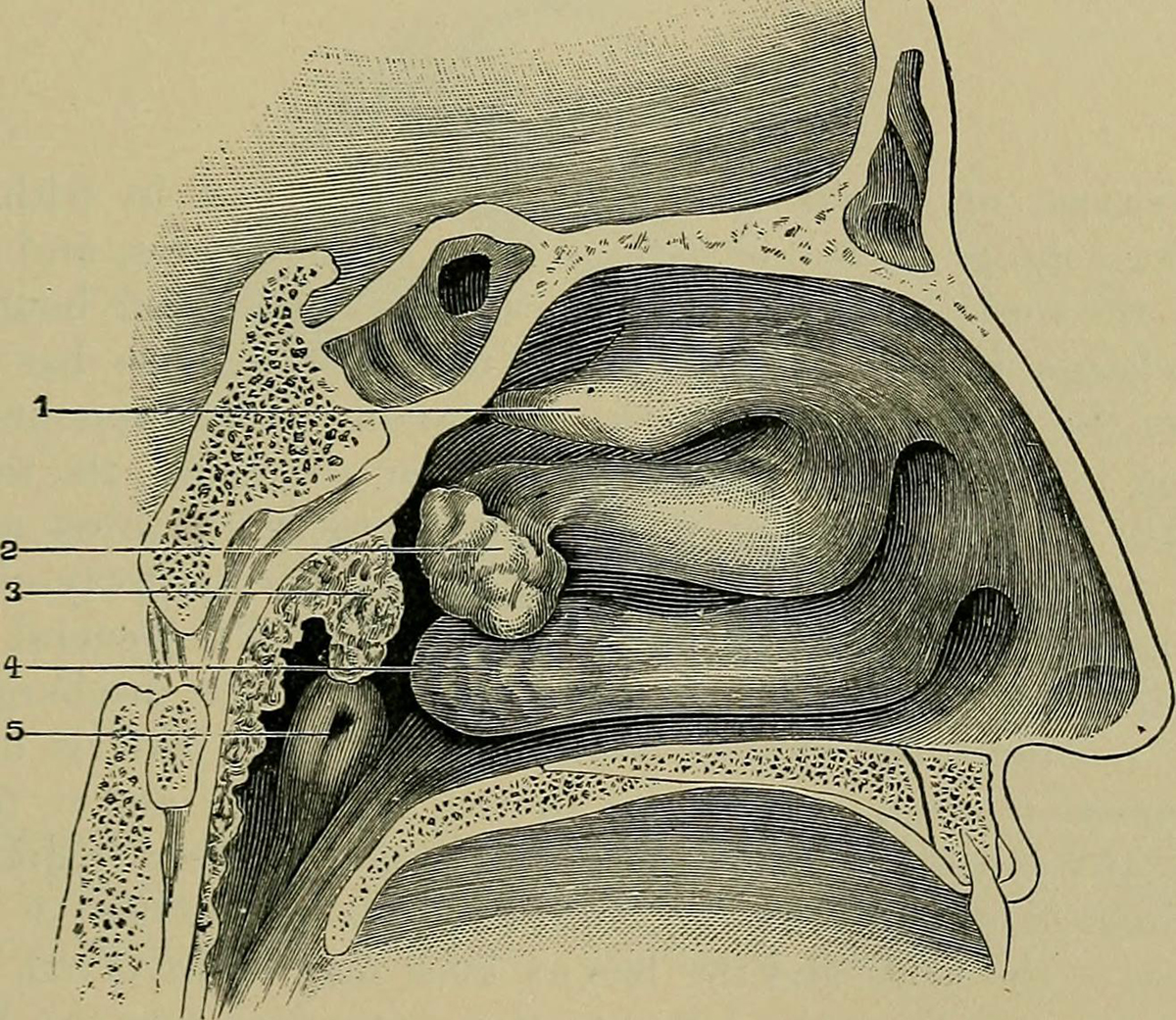
Many women who have not yet had babies are probably not aware of all the changes that occur in a woman’s body during that period. Nasal congestion is one of the less talked about occurrences during pregnancy and it can be easily mistaken for a cold or a sinus infection.
Nasal congestion in pregnancy
Nasal congestion is a common symptom of pregnancy. It is not considered a complication because it is very common, and because it happens as a result of hormonal changes that happen in the body, especially because of the estrogen. This occurrence is called rhinitis is pregnancy and it affects 20 or 30 percent of pregnant women. It can start at the second month of pregnancy and in some cases it lasts until the baby is born.
Rhinitis in pregnancy is caused by the swelling of the mucous membranes in the nose due to increased estrogen levels. In addition, the blood flow is increased and the vessels are expanded in pregnancy, and the combination of these factors leads to nasal congestion.
Pregnant women often fear that they might have caught an infection because their nose is stuffy. Nasal congestion alone is not a sign of an illness. However, if it is accompanied by other symptoms, like fever, cough, sneezing, headache, sore throat and swollen glands, it may in fact be an infection, like common cold or flu. If the symptoms include watery eyes, scratchy throat and sneezing, the problem may actually be an allergy.
How to relieve nasal congestion in pregnancy
The problem is that most medications that are normally used for nasal congestion, like antihistamines and nasal sprays, are off limits during pregnancy. Most doctors advise women not to take any medications at all during the first trimester. Therefore, pregnant women must resort to other methods and remedies to relieve the discomfort caused by nasal congestion.
It is very important to know how to blow the nose properly. Blowing too hard can damage the mucous lining of the nose and cause small blood vessels to break, leading to nosebleed. The best way to do it is to close one nostril with the thumb and gently blow into a tissue through the other nostril, and then to repeat it on the other side.
Drinking plenty of water and generally staying hydrated can help a lot with nasal congestion. It also helps to inhale steam, whether it is from a hot shower of from a bowl full of hot water.
Some pregnant women have found that indoor vaporizers or humidifiers are helpful with nasal congestion. It is important to change the water in them and their filters regularly, otherwise they may become a breeding place for bacteria and viruses.
Irritants, like cigarettes and alcohol, should be avoided. Of course, pregnant women should not drink or smoke in the first place but they should also avoid being exposed to second hand smoke.
Nasal congestion can also be slightly relieved by sleeping with the head slightly elevated.




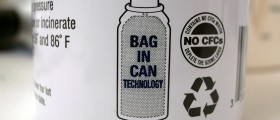

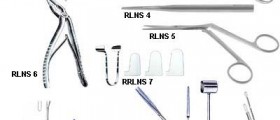

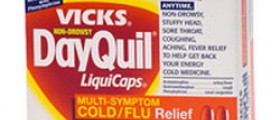
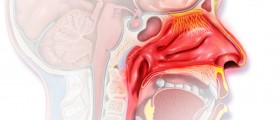


_f_280x120.jpg)
-Help-Treat-Your-Cold-Or-Flu_f_280x120.jpg)



Your thoughts on this
Loading...